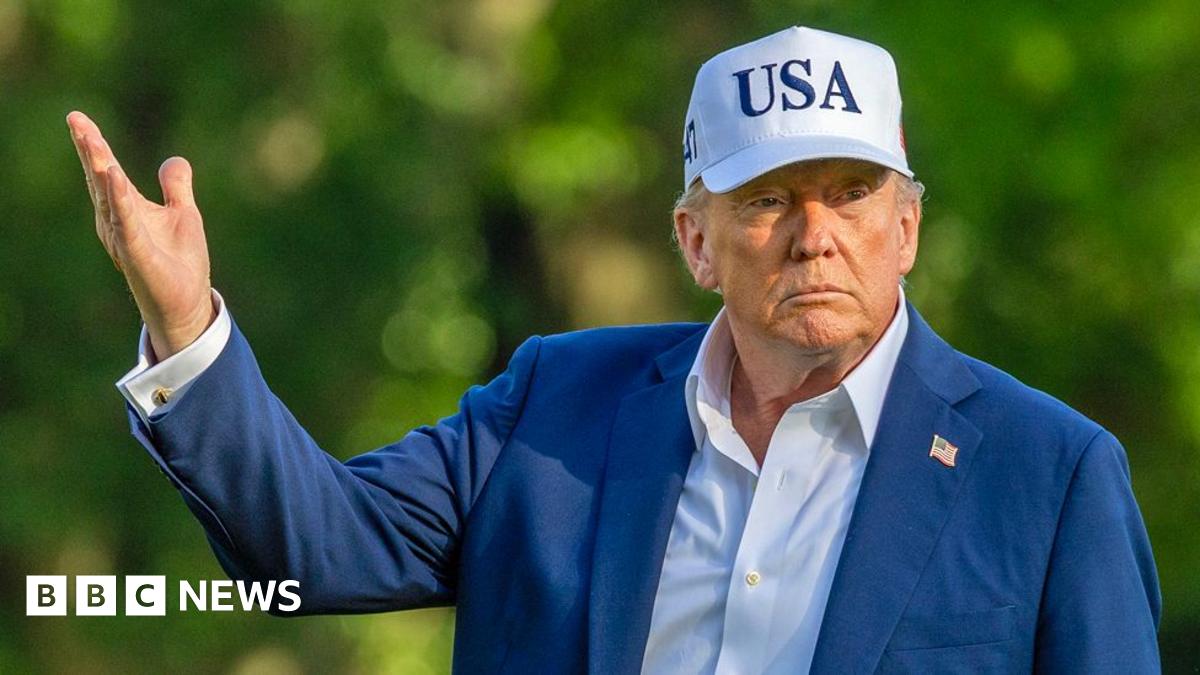With the exception of Gabon, they lie along routes used by migrants, as well as drug traffickers from Latin America.
Some of the nations are also potentially vulnerable to the southward spread of the Islamist insurgencies that affect their neighbours further inland – so discussions on co-operation in tackling this threat are also likely.
Earlier this year Gen Michael Langley, who heads the US Africa Command (Africom), warned that one of the jihadists’ new objectives was gaining access to West Africa’s coast – and that that also raised “the chance of threats reaching US shores”.
Senegal’s former ambassador to Washington, Babacar Diagne, said the invitations to the African leaders reflected the recent “paradigm shift” in US policy towards the continent.
After taking office in January for his second term, Trump cut US aid to the continent, saying it was wasteful and incompatible with his “America First” policy.
With Trump and the Republican Party at the helm, there is also doubt about whether the US will renew later this year its African Growth and Opportunity Act (Agoa), which guarantees duty-free access for certain goods from Africa.
“It’s not like before with the Democrats. There were two strong points with them: poverty reduction and development issues, through Agoa and other initiatives. All that is over,” Mr Diagne told the BBC.
According to the former diplomat, the Trump administration’s position will mirror how it has dealt with Ukraine war-time leader Volodymyr Zelensky.
“Pure trade. It’s give and take, win and win. We saw it with Ukraine. You sign the agreement on minerals and you’ll have us on your side, otherwise, you forget everything,” Mr Diagne said.
Last month’s peace deal signed in Washington between Rwanda and the Democratic Republic is a case in point – trade diplomacy that will potentially see the US gain lucrative mineral access.
Indeed Nicaise Mouloumbi, head of a leading non-governmental organisation in oil-rich Gabon, said the Trump administration’s focus on Africa was down to increasing competition from rival powers – including China and Russia – for its prized resources.
“All these [invited] countries have important minerals: gold, oil, manganese, gas, wood and zircon – Senegal, Mauritania and Gabon, in particular,” he told the BBC.
Gabon holds around a quarter of the global known reserves of manganese – and it provides 22% of China’s of the mineral, which is used in the production of batteries and stainless steel.
